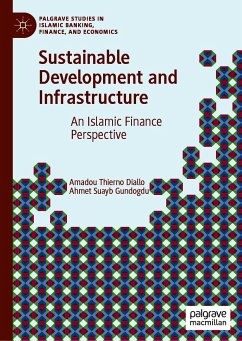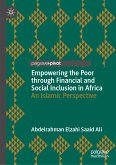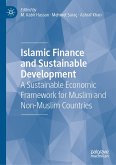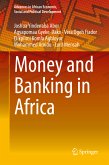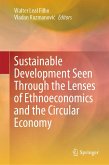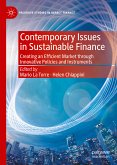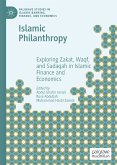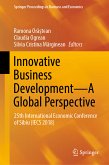Islamic finance, with its strict Riba restrictions, rules, and other checks and balances, is a good fit for infrastructure development in pursuit of sustainable development. When it comes to sustainable development, this book argues, Islamic finance has the tools to intervene for maximum impact. However, the issue of sustainability is not only related to Islamic finance; more policy discourse is needed. This requires guidance from the principles of Islamic economics, as well. This book discusses infrastructure development vis-à-vis sustainable development, drawn from decades of real-life development banking experience, and proposes impactful intervention methods based on wisdom from Islamic economics and finance.
Dieser Download kann aus rechtlichen Gründen nur mit Rechnungsadresse in A, B, BG, CY, CZ, D, DK, EW, E, FIN, F, GR, HR, H, IRL, I, LT, L, LR, M, NL, PL, P, R, S, SLO, SK ausgeliefert werden.

